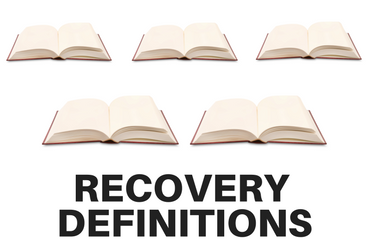Overall, when two or more treatments compared to each other are designed based on a sound theory about how people change, and treatment sessions are structured to target those theoretical change processes (i.e., active treatments), there are typically very few differences in patient outcomes. Put another way, there are many “empirically-supported” active substance use disorder interventions that are certainly better than no treatment or an intervention where the patient simply receives perhaps some general education or support (i.e., inactive intervention).
When compared to each other, however, these active substance use disorder interventions typically produce very similar levels of benefit. Thus, recovery research experts surmise the bulk of why treatment is helpful has less to do with the specific “ingredients” of the treatment, and more to do with common factors present in high-quality therapy – which is supported by evidence when it comes to alcohol use disorder interventions.
These common & relational factors include:
- having a coherent theory of how people change
- the empathy and support provided by the therapist
- whether the therapist and patient are on the same page in terms of treatment targets and goals (“alliance”)
- the extent to which the patient believes the treatment will be helpful, and how well the therapist can help adjust the treatment to the patient’s particular clinical needs.
The predominant influence of common factors on outcome versus specific factors is sometimes also referred to as the contextual versus medical (or “technology”) models, respectively. This is not to say whether therapists deliver an empirically supported treatment is unimportant, but rather, generally speaking, it does not matter what type of empirically supported treatment they choose to provide in the short-term.
Array
This greater influence of common versus specific factors in what explains patients’ substance use disorder (SUD) treatment outcomes is consistent with the breakdown of patient outcome influences in other psychotherapies as well.
Array








